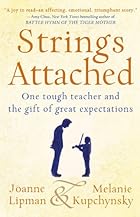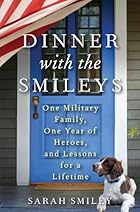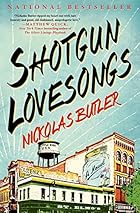 This meme is hosted by Breaking the Spine and is meant to highlight some great pre-publication books we all can't wait to get our grubby little mitts on.
This meme is hosted by Breaking the Spine and is meant to highlight some great pre-publication books we all can't wait to get our grubby little mitts on.  Eight World Cups by George Vecsey. The book is being released by Times Books on May 13, 2014.
Eight World Cups by George Vecsey. The book is being released by Times Books on May 13, 2014.Amazon says this about the book: On the eve of the 2014 World Cup, New York Times sports columnist George Vecsey offers a personal perspective on the beautiful game
Blending witty travelogue with action on the field—and shady dealings in back rooms—George Vecsey offers an eye-opening, globe-trotting account of the last eight World Cups. He immerses himself in the great national leagues, historic clubs, and devoted fans and provides his up-close impressions of charismatic stars like Sócrates, Maradona, Baggio, and Zidane, while also chronicling the rise of the U.S. men’s and women’s teams.
Vecsey shows how each host nation has made the World Cup its own, from the all-night street parties in Spain in 1982 to the roar of vuvuzelas in South Africa in 2010, as the game in the stadium is backed up by the game in the street. But the joy is sometimes undermined by those who style themselves the game's protectors.
With his characteristic sharp reporting and eye for detail, Vecsey brings this global event to vivid life and has written a perfect companion for the upcoming 2014 World Cup in Brazil.


 This week's mailbox arrivals:
This week's mailbox arrivals:
















 Marrying Mr. Darcy: The Pride and Prejudice Card Game came from
Marrying Mr. Darcy: The Pride and Prejudice Card Game came from 





















